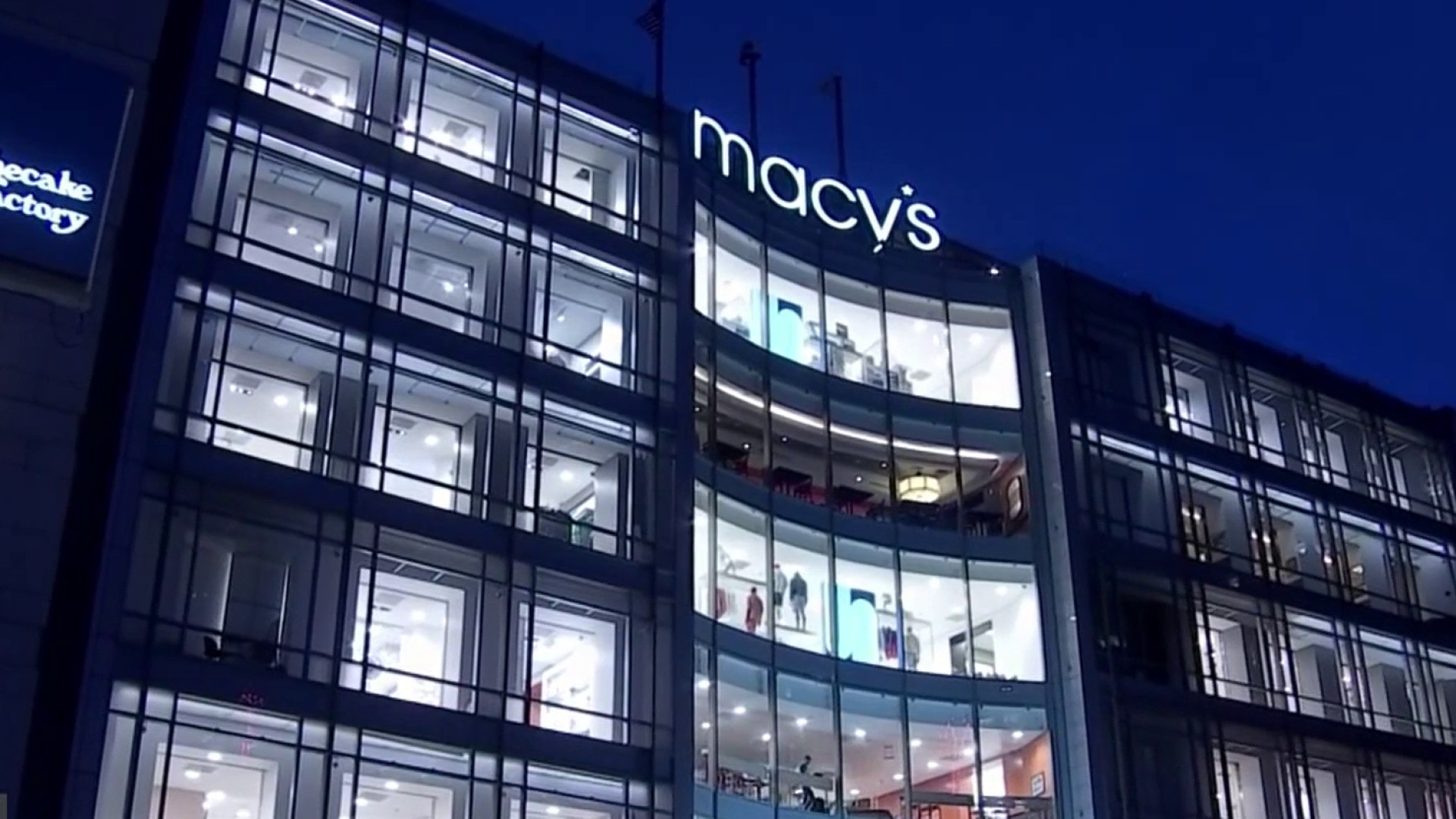Medicare reimburses doctors different rates versus other kinds of insurance and until recently, it wasn't clear how much taxpayers were paying for various procedures. Now that the federal government has made Medicare reimbursement data available, the NBC Bay Area Investigative Unit learned among physician specialists, ophthalmologists topped the list of reimbursements from Medicare with an aggregate of $6.1 billion, ahead of cardiologists ($4.9 billion) and oncologists ($4.5 billion), according to the federal data for 2013.
And some of the busiest ophthalmologists in the country can be found in the Bay Area.
After receiving tips claiming that some San Jose ophthalmologists were recommending surgeries and procedures that patients may not need, the Investigative Unit conducted an informal experiment.
We sent a volunteer to three different doctors for an eye exam.
Our volunteer was Tina Simeon, an instructor at Ohlone Herbal School. At 70 years old, she was eligible for Medicare and had a minor eye issue in the past. About two years ago, Simeon's regular optometrist identified a small cataract in her right eye but said it did not require surgery.
Simeon visited three doctors who see some of the highest number of Medicare patients in the country. NBC Bay Area paid for the exams and compensated Simeon with a stipend for her travel and time. At the offices in San Jose, we noticed many of the patients are Vietnamese, elderly and non-English speaking.
"I think the system is there for people who need it," said Simeon.
Local
She started at Dr. Lan Nguyen's office. Federal Medicare data shows in 2013 Dr. Lan Nguyen received an average of $602 per patient for a total of $724,712 in Medicare reimbursements. That reimbursement total puts Nguyen in the 90th percentile of ophthalmologists nationwide.
Simeon said Dr. Nguyen identified the small cataract in Simeon's right eye but did not recommend surgery. She also noted Simeon had "dry eye" and sent her home with free eye drops.
"She said no, your cataract is small, no need for surgery," said Simeon. "She gave me some artificial eye drops and that was it."
At Dr. Randal Pham's office, the diagnosis was different.
According to the federal data, Pham's billed Medicare for $664,527 in 2013 for an average of $669 per patient. He's in the 89th percentile nationally for reimbursements.
"What he was recommending was that I go ahead and have the cataract surgery in the right eye so that the left eye doesn't have to compensate," said Simeon. "They told me Medicare would cover the cataract surgery. He really sold it to me."
In a written statement, Pham wrote, "Our practice does not recommend treatment but offers treatment options and information for patients letting them decide which is best for them. Patients are encouraged to ask questions and seek additional opinions from other doctors."
Federal data shows cataract surgery is the third most common surgical procedure ophthalmologists bill to Medicare, after tests and exams.
Simeon's third visit was with Dr. Ngoc Nguyen. Records show she received $468 per patient in 2013 for a total of $1.28 million in Medicare reimbursements. She ranked in the 95th percentile nationwide that year.
"She told me my cataract was very mild and no surgery required," said Simeon.
That was the good news. But there was a new concern. Dr. Ngoc Nguyen told Simeon she might have a different issue: Glaucoma.
"While she was examining me, she said 'oh, it looks like one of your eyes, the nerve is weaker," said Simeon.
Glaucoma is a condition that causes nerve damage in the eye. Simeon said she has never been diagnosed with it and has no family history of the condition.
"She said it's going to require probably expensive testing. She wanted to make sure I got my Medicare card into her."
Medicare reimburses doctors between $50 and $75 for glaucoma screenings.
For a final check, we took Simeon to the University of California San Francisco, a teaching hospital with a renowned ophthalmology program. As with each doctor in our test, Tina requested a thorough eye exam.
"He said he wouldn't even call it a cataract," said Simeon. "He called it a 'Mickey Mouse cataract.' So insignificant."
We asked Dr. Mark Blumenkranz, the former chair of the Byers Eye Institute at Stanford, for his opinion on when patients should undergo cataract surgery. He has practiced for 35 years and is a professor of ophthalmology. Blumenkranz said that patients should generally only consider cataract surgery if their quality of life is affected.
"If somebody said, 'you better get that cataract out before you get in trouble,' that would be very concerning because that would be a very unlikely thing," said Blumenkranz.
Blumenkranz teaches medicine and practices at Stanford where he bills Medicare for an average of $228.28 per patient according to the federal data. In 2013 he received $70,239 in reimbursements, putting him in the 25th percentile.
He said it's wise to always get a second opinion if you are unsure or if it's not an emergency.
"If someone said 'it's a lot easier to do this cataract surgery now than in 5 or 10' years, that would be troubling…99% of the time, it's not true."
Simeon agreed that the advice was true in her own case.
"I'm not saying these doctors were liars," said Simeon, "but I think it's important to question and get second and third opinions."
The Investigative Unit reached out to Dr. Lan Nguyen and Dr. Ngoc Nguyen, but both declined to comment on the record.



